EnEff:Stadt Campus Lichtwiese
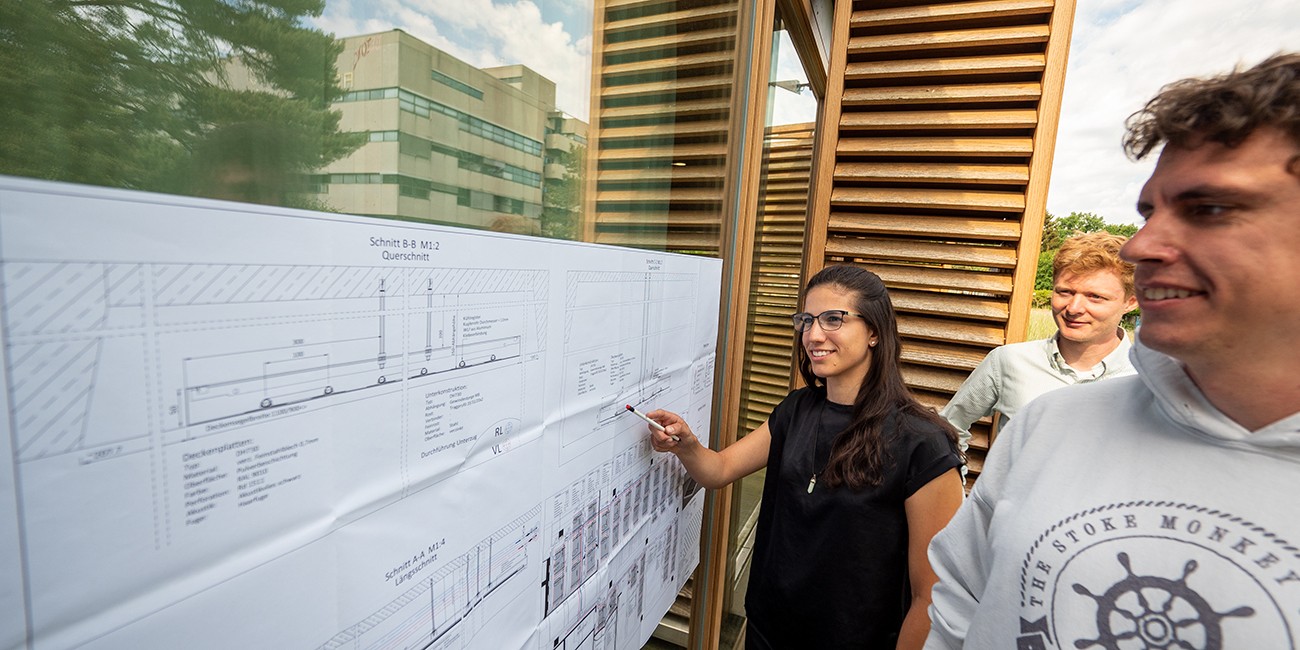
Internal energy consulting and implementation
The contributions from projects 1–3, as well as results from earlier project phases and related projects, have a high potential for scaling up. With internal climate advice and implementation, we want to make the knowledge gained available to decision-makers at the university and support them in energy-related matters. Specifically, this involves the stabilisation of the digital twin, the optimisation of the return temperatures of the cooling ring and the implementation of the energy concept from phase II.

The aim of the ‘Consolidation of the Digital Twin’ work package is to further develop the automatic data evaluation and visualisation and to integrate a tool into the daily work of the Technical Operations and Energy Management team at TU Darmstadt. The new visualisation options should make it easier to analyse and promptly identify possible areas for improvement. The tool is already being used by the energy management team, but not to its full extent. The project team is therefore planning to hold workshops and demonstrations of the platform functions for interested parties. This should also create a communication channel through which users can get in touch with the project team to ask questions and suggest new functions.
In the area of supplying the buildings on campus from the central cooling ring, the project team is contributing its expertise to stabilise and raise the return temperatures. In the past, excessively low return temperatures prevented the existing absorption chiller from providing its full cooling capacity. Building on the experiences from Phase II, the project team will support TU Darmstadt in expanding the existing monitoring system if necessary,
Another key point of this sub-project is the conceptual support for implementing the new energy concept as part of the energy contracting of the TU Darmstadt, which is expected to be planned in 2026/27. The study conducted in phase II of the project provides a solid theoretical basis that serves as a guide for the university's decision-makers.
In phase III, all project results from EnEff:Stadt Campus Lichtwiese will be incorporated into the decision-making process. To this end, the project team will be available to answer questions and, if necessary, revise parts of the study to take into account new boundary conditions, such as rising fuel prices. From an energy perspective, the renovation of the buildings as heat consumers is essential. For cost and time reasons, a simultaneous holistic renovation of the plant technology and thermal envelope of all buildings is not possible. Therefore, the project team supports the consideration of building-specific renovation scenarios, which can ultimately be prioritised in a renovation roadmap.
The project team participates in energy-related analyses and university committees. One example of this is the current Energy Task Force, which was originally founded during the energy price crisis to find ways to save energy. The team advised this working group and developed a tool based on the data collected at EnEff: Campus Lichtwiese that is currently used to determine the energy savings at TU Darmstadt.
Objectives
- Integration of the digital twin into the daily work routine of the department
- Increase in the return temperatures of the central cooling system to improve the efficiency of the central cooling system
- Further knowledge transfer between research and implementation
Contact
| Name | Contact | |
|---|---|---|
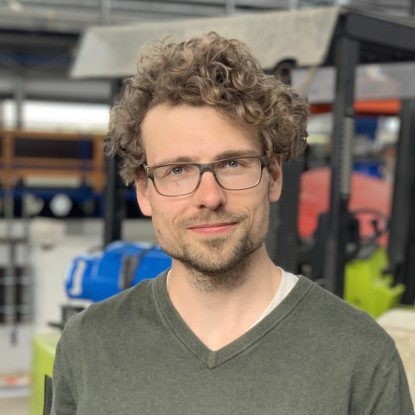
Picture: Dennis Fauß
| Dr.-Ing. Steve Borchardt Project coordination | steve.borchardt@tu-... +49 6151 16-24918 S3|07 14 |
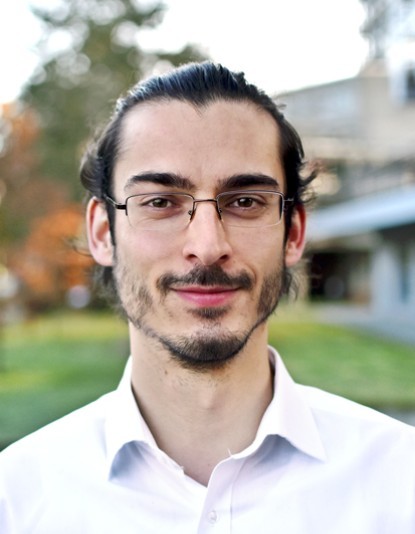
| Frederik Feike M.Sc. Research Associate | feike@ttd.tu-... +49 6151 16-20472 L2|06 215 |
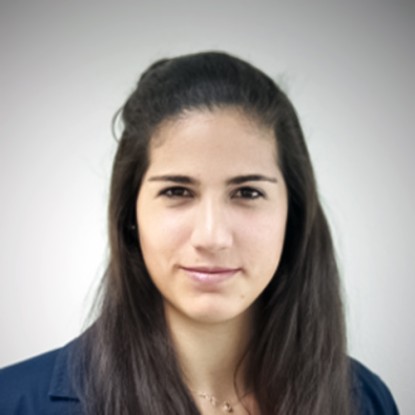
| Julia Barbosa M.Sc. Research Associate | julia.barbosa@eins.tu-... +49 6151 16-21722 S3|10 304 |

Picture: Chenxi Jiang
| Chenxi Jiang M.Sc. Research Associate | chenxi.jiang@eins.tu-... +49 6151 16-21712 S3|10 |
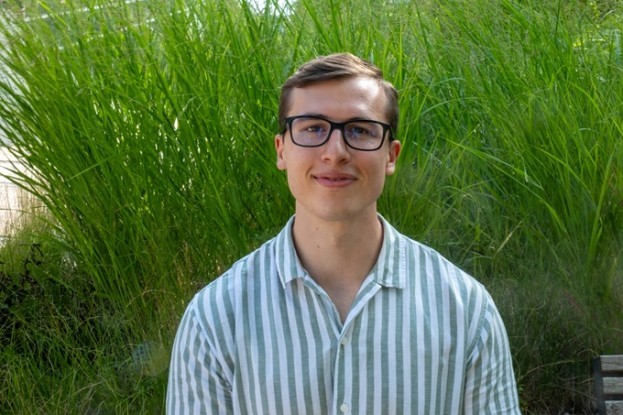
| David Nickel M.Sc. Research Associate | david.nickel@tu-... +49 6151 16-24669 S3|10 205 |
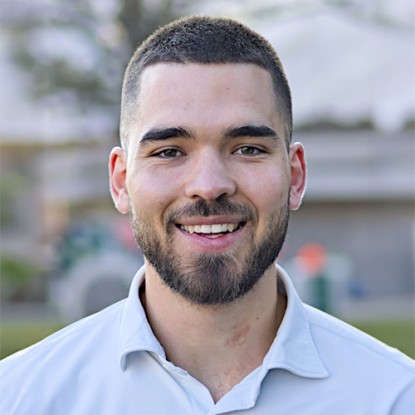
| Jasper Müller M.Sc | mueller@ttd.tu-... +49 6151 16-22691 L2|06 216 |
